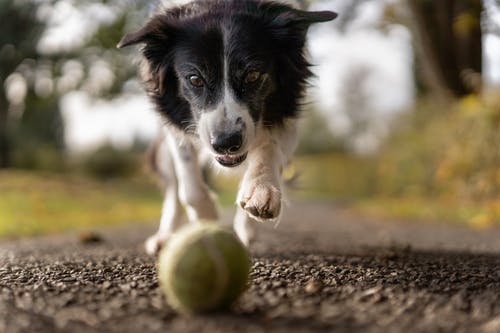
Proper Pet Care: The Critical Role of Puppy Socialization
January 4, 2022When we bring a new puppy into our house, our instincts tell us to protect and keep the puppy completely safe. However, we must expose our puppies to as many ordinary situations as possible, particularly during the first three months. Puppies are most open to learning during this period, which has an effect on their disposition. The benefits of socialization far surpass the time commitment. Frequently, pups that have not been adequately socialized can be violent and excessively scared of humans or their environment.
How to get started in puppy socialization?
Puppies are commonly adopted between the ages of 8 and 12 weeks. Each puppy is unique in terms of psychological and behavioral health, and some will be further ahead in terms of exposure and socializing than others. When you bring your puppy home, concentrate on the following areas of socialization to assist them in developing into happy, healthy dogs:
Exposure To Other Pets
Puppies benefit from controlled exposure to other dogs, cats, pocket pets, and birds. You can look up “puppy socialization near me” to find the closest animal socialization facility near you.
Handling
Touching, looking in ears, examining the mouth, touching feet, trimming nails, bathing, leashing/harnessing/wrapping, restraining (with positive reinforcement), playing with toys, and brushing teeth are all beneficial activities to introduce to your puppy during this key learning phase.
Outside World/Environment
Exposing your puppy to doors, crates, automobiles, street drains, varied surfaces, clothing, blankets, beds, and various other items outside is critical for acclimating them to common objects.
Sounds
To acclimate your puppy to sounds and prevent a negative reaction to loud noises such as fireworks or thunderstorms, attempt to encourage your puppy with these sounds. A good approach is to slowly increase the volume of recorded thunder or fireworks from sound CDs, starting at a low level and gradually increasing to a realistically loud level. Positive reinforcement should include caressing, cookies, or your puppy’s favorite toy. Additionally, automobile horns, trains, and other loud noises can be added.
The Veterinarian
Preparation for the veterinary visit is just as critical as the visit itself. Visit your veterinarian frequently with your puppy to ensure a nice experience for you. Spending 10-15 minutes in the clinic lobby and engaging constructively with people and other animals (in a regulated manner) will help lessen fear and anxiety associated with future veterinarian appointments. The idea is to keep the experience favorable without any probing or prodding.
People
It is recommended that your dog meet new individuals on a daily basis. This can happen at home or while you’re out and about. It is advised to provide a favorable experience with treats during these meetings. Don’t forget to interact with those in uniform and children.
Puppy Training Facilities
It is critical to work with puppies in a training environment along with socializing. With this type of training, positive reinforcement is critical. Locate a reliable training class or trainer that uses positive reinforcement to keep puppies happy and secure. The purpose is to instill positive attitudes toward the puppy’s settings, people, and commands, which is often reinforced through food. Visit “Central Bark Franchise Opportunity” if you are dreaming of owning your own doggy day care,
Conclusion
Puppies are not born with social skills. They are hardwired to be suspicious of novel objects. They will receive early socialization skills from their mother and siblings, but there is still more effort to be done with all puppies to ensure they mature into well-behaved adult dogs.




